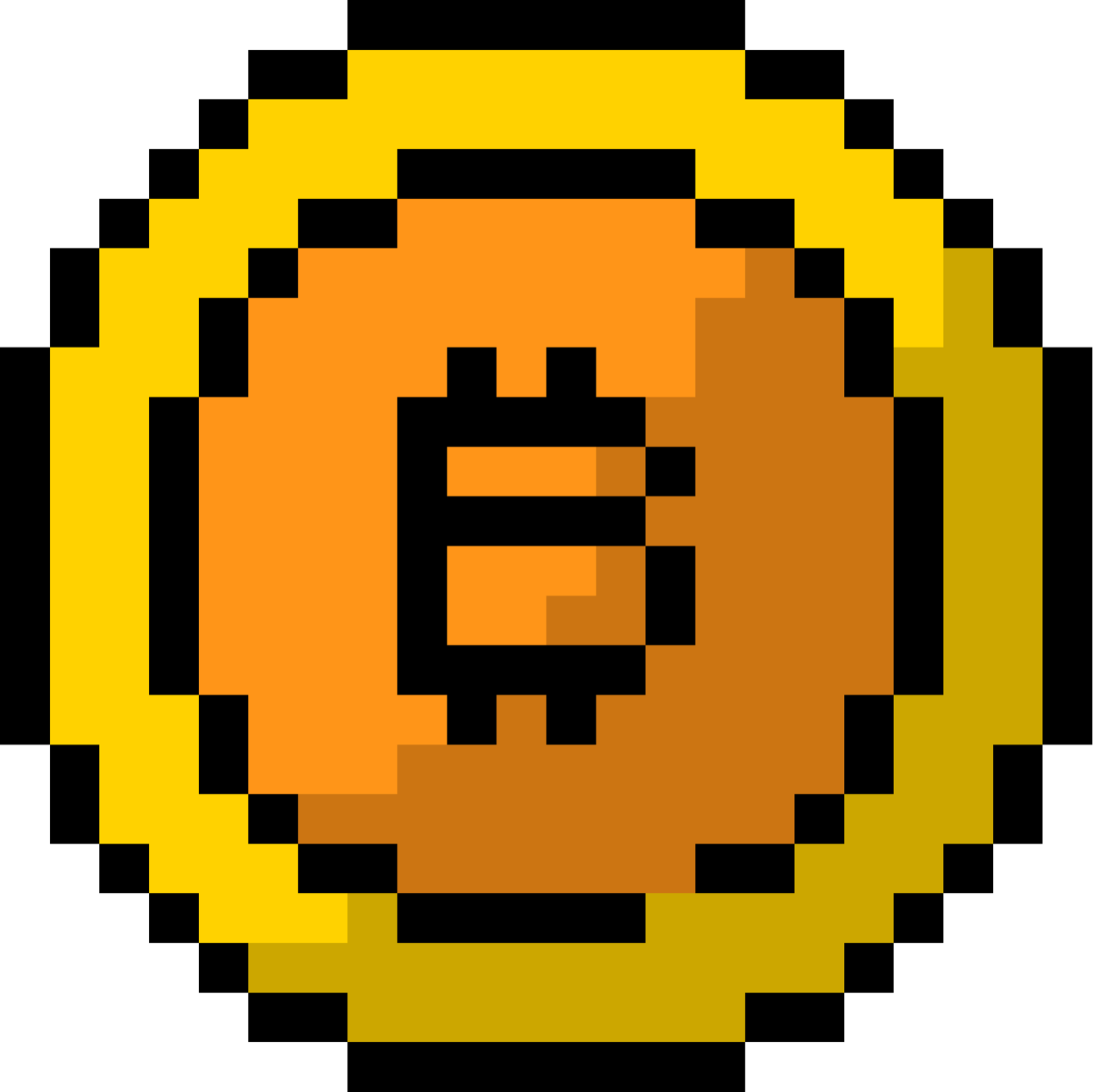using what you build
Nov 16, 2017

Building multichain community growth tools for web3. Product leadership, strategy and growth for https://frens.place


Building multichain community growth tools for web3. Product leadership, strategy and growth for https://frens.place
Nov 16, 2017
Nov 16, 2017